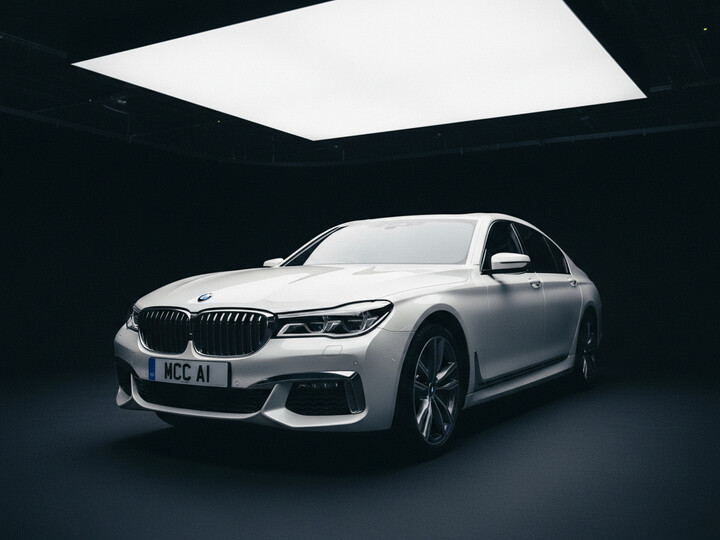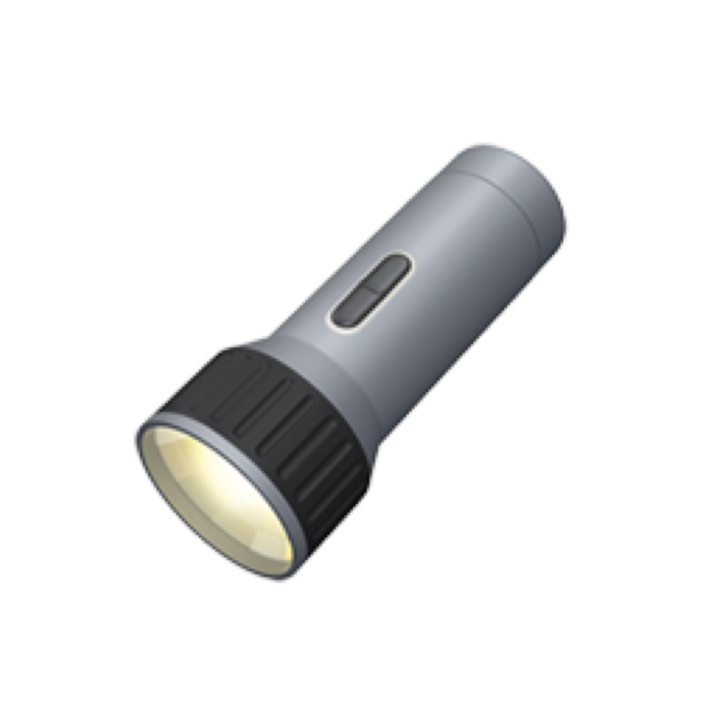BMW 7 SERIES (2019-22)

Buyer's Guide & Data from our Checks
The BMW 7 SERIES (2019-22) is a luxury large sedan that stands out in the UK market for its blend of elegance, comfort, and advanced features. It is often chosen by professionals and executives who want a high-quality vehicle with a sophisticated design, premium interior, and cutting-edge technology. This model has been popular among used car buyers, with over 5,600 lookups on mycarcheck.com and nearly 2,000 different VINs recorded, indicating strong interest and extensive availability in the market.
Typically used for business travel or as a family car for those who value comfort and style, the BMW 7 SERIES (2019-22) is known for its smooth driving experience, spaciousness, and reliability. It’s ideal for those seeking a vehicle that offers a balance of luxury and practicality, with average mileages around 40,000 miles, making it relatively well-preserved. The high private sale valuation of around £44,100 reflects its premium status in used car markets.
What makes the BMW 7 SERIES (2019-22) unique is its combination of modern design, advanced safety features, and impressive technology. Compared to rivals like the Mercedes-Benz S-Class or Audi A8, it is celebrated for its driver-focused feel and superior ride quality. Overall, it’s a standout choice for buyers looking for a prestigious, reliable, and technologically sophisticated luxury sedan.
Key Findings
The following statistics are drawn from our checks of 1,936 different vehicles, run between February 17th 2021 and December 31st 2025. These real-world insights provide context for this vehicle's place in the market, as well as its typical usage.
5,683
Lookups
Lookups
152
Hidden Histories
Hidden Histories
53k
Average Mileage
Average Mileage
£44,100
Average Valuation
Average Valuation












